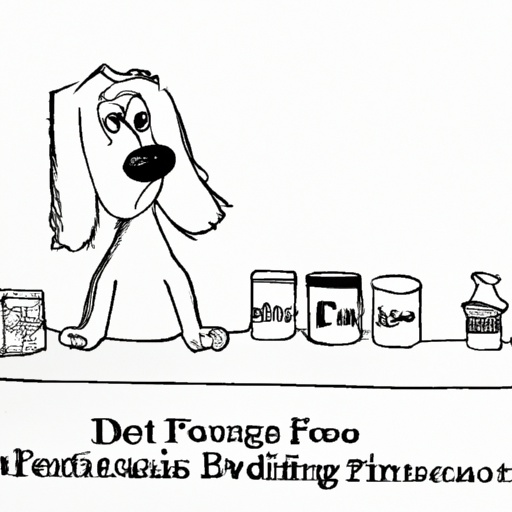As a dedicated dog parent, it’s always concerning when you notice your furry friend struggling with constipation. The good news is, there are several safe remedies to help your canine companion maintain regular bowel movements. In this comprehensive guide, we’ll delve into effective solutions that can alleviate your dog’s discomfort and promote healthier digestion.
Table of Contents:
1. Understanding Dog Constipation
2. Dietary Changes
3. Hydration
4. Exercise
5. Vet-Recommended Laxatives
6. Natural Remedies
7. Frequently Asked Questions
Key Takeaways:
- Constipation in dogs can be caused by a variety of factors, including inadequate fiber intake, dehydration, and lack of physical activity.
- Simple lifestyle changes can often alleviate constipation, but severe or persistent cases may require veterinary intervention.
- Always consult with your vet before introducing any new remedies into your dog’s diet.
Understanding Dog Constipation
Constipation in dogs is not uncommon and can be caused by a number of factors. It’s important to recognize the signs, which include infrequent or difficult bowel movements, dry and hard stools, and visible discomfort or straining during defecation. If your dog exhibits these symptoms, it’s crucial to identify the cause and take action.
Dietary Changes
One of the most effective ways to help your dog poop is by adjusting their diet. Dogs, like humans, require a balanced diet for optimal health. This includes adequate fiber, which aids in digestion and promotes regular bowel movements.
Adding canned pumpkin (not pumpkin pie mix) or sweet potato to your dog’s food can provide a natural source of fiber. Other fiber-rich foods include peas, beans, and bran. Remember to introduce these foods gradually to avoid upsetting your dog’s stomach. Here is a useful guide on the best dog foods for constipation.
Hydration
Just as with humans, hydration plays a crucial role in your dog’s digestion. Dehydration can lead to constipation, so ensuring your dog has constant access to fresh water is paramount. You can also try adding a bit of low-sodium broth to their water to encourage drinking.
Exercise
Physical activity stimulates muscle movement in the digestive tract, promoting regular bowel movements. Regular walks, play sessions, and activity can help prevent constipation. If your dog is not used to a lot of exercises, start with short, frequent walks and gradually increase the duration and intensity.
Vet-Recommended Laxatives
In certain cases, your vet may recommend a dog-safe laxative or stool softener. Always consult with your vet before giving your dog any new medication. This page provides an overview of some vet-recommended laxatives for dogs.
Natural Remedies
Natural remedies can also provide relief for constipated dogs. Some dog owners have found success with remedies like ginger, aloe vera, or slippery elm bark. However, it’s crucial to consult your vet before trying any new remedy, as not all “natural” products are safe or effective for all dogs. More about natural remedies can be found here.
Frequently Asked Questions
Q: How long can a dog go without pooping?
A: Most dogs poop at least once a day, but it can vary depending on their diet, age, and health. If your dog hasn’t pooped in more than two days, it’s time to consult a vet.
Q: Can I give my dog human laxatives?
A: No, many human laxatives can be harmful or even fatal to dogs. Always consult with your vet before giving your dog any medication.
Q: How much fiber should I add to my dog’s diet?
A: The amount of fiber a dog needs can depend on its size, breed, and overall health. It’s best to consult with your vet, who can provide personalized advice based on your dog’s specific needs.
Caring for a constipated dog can be stressful, but with the right knowledge and resources, you can help your furry friend get back to their happy, healthy self. Always remember, when in doubt, consult with a professional to ensure the safety and well-being of your pet.



